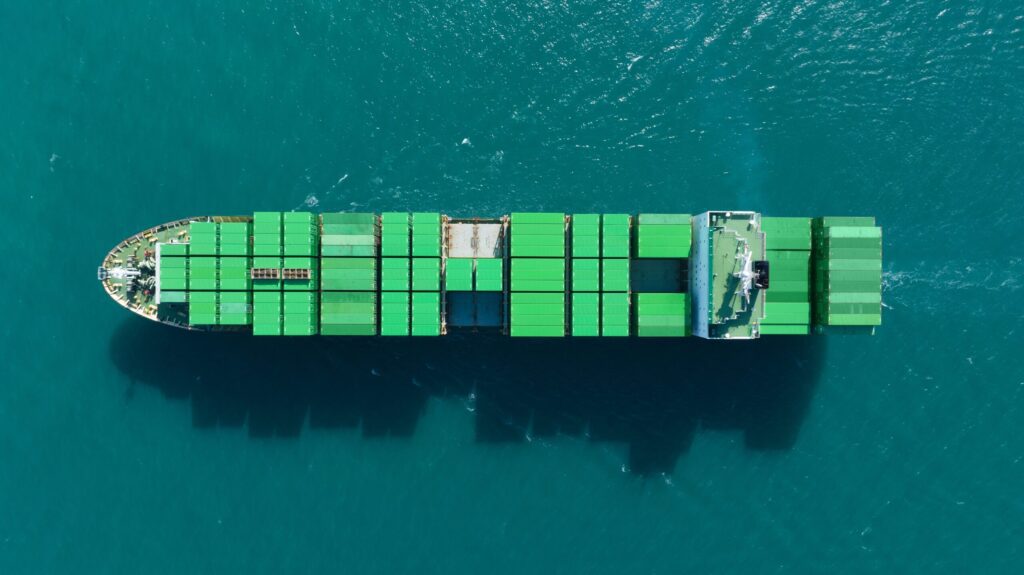Introduction
Sustainable shipping refers to the transportation of goods while minimizing the impact on the environment. With the increase in global trade, there is a growing demand for sustainable technologies such as using alternative fuels, leveraging technology like IoT and AI for route optimization, etc., to reduce harmful gas emissions and enhance energy efficiency. This article highlights the adaptation to sustainable practices, revolutionizing trade globally.
Read also: Sustainable Shipping Innovations: Driving Green Logistics Worldwide
Alternative Fuels
Alternative fuels such as methanol, LNG, ammonia, and biofuels are derived from renewable sources of energy, including solar, wind, and hydro. These energy sources differ from conventional ones in terms of their emissions and environmental impact. Utilizing these fuels will result in enhanced air quality, leading to sustainable global shipping. Moreover, these fuels reduce dependency on the utilization of fossil fuels, promoting green global trade.
Advanced Technology
1. Internet of Things: For real-time tracking of location, speed, and fuel consumption of containers using IoT sensors, enables route optimization and efficient fuel utilization for timely delivery of goods.
2. Predictive Analytics: Leveraging Artificial Intelligence and Machine Learning algorithms to predict potential damage to the shipping vessel, leading to effective maintenance measures. This avoids accidents by detecting them beforehand, guaranteeing that no energy is wasted.
3. Smart Warehouses: The adoption of energy resources such as solar to reduce electricity consumption, robots for managing the goods, and the use of sustainable packaging materials, enhancing waste management in warehouses, leads to efficient energy utilization and reduced environmental degradation.
Port Efficiency
Effective use of ports, by enhancing operations like using power from the port instead of relying on the engine, minimizes pollution. Additionally, speeding up the loading and unloading process of goods using automated cranes saves energy and time. This ensures faster turnaround time, that is, ships don’t have to wait for a longer duration, reducing fuel consumption.
Electric Vehicles
Employment of electric vehicles for port operations, such as electric cranes, by replacing diesel-powered engines, will result in reduced environmental impact. Additionally, electric trucks can be used for last-mile delivery, for delivering goods to their destination from the port.
Future Outlook
The future of the shipping industry is promising owing to the deployment of advanced technologies such as AI, IoT, and blockchain, along with sustainable practices including alternative fuels, smart warehouses, and electric vehicles. These advancements will significantly contribute to increased international trade while encouraging environmental consciousness, leading to greener global trade.
Conclusion
In conclusion, leveraging technological advancements and adopting sustainable practices for the efficient shipment of goods while following the shipping guidelines for optimized use of energy will lead to greener global trade. In addition, the ports must have the infrastructure needed for plugins to ships for electricity, thus reducing the pollution caused using the diesel engines. Furthermore, investment in the development of electric vehicles for delivery will lead to a better transformation of the shipping industry for sustainable trade.

